 Environmental, Social, and Governance (ESG) reporting is no longer optional—it’s now a business imperative. Regulations are tightening, investors are watching closely, and stakeholders—from customers to employees—demand transparency. However, for most companies, ESG reporting is often complex and messy. The data is scattered, hard to verify, and usually outdated by the time it’s published. This is where S4HANA services come into play, offering real-time data integration and streamlined processes to support accurate, timely ESG disclosures.
Environmental, Social, and Governance (ESG) reporting is no longer optional—it’s now a business imperative. Regulations are tightening, investors are watching closely, and stakeholders—from customers to employees—demand transparency. However, for most companies, ESG reporting is often complex and messy. The data is scattered, hard to verify, and usually outdated by the time it’s published. This is where S4HANA services come into play, offering real-time data integration and streamlined processes to support accurate, timely ESG disclosures.
That’s where SAP’s Sustainability Control Tower comes in. It’s not just another dashboard—it’s a serious upgrade to how businesses manage, measure, and report sustainability performance. For companies already running SAP systems, it’s a natural extension of their existing operational practices.
So what makes the Sustainability Control Tower a game-changer?
1. It Brings ESG Data into the Core of Business Operations
Most ESG tools sit on the side, disconnected from day-to-day business systems. That means sustainability data must be collected manually, often in spreadsheets, and reconciled afterward. It’s time-consuming and error-prone.
SAP’s Sustainability Control Tower, on the other hand, integrates ESG data directly into a company’s ERP environment. It connects financial and non-financial data—such as emissions, energy use, water consumption, diversity metrics, and more—across the entire value chain. This allows companies to track ESG performance with the same rigor as financial metrics.
And because it’s tied into real-time operational data, the Control Tower gives leaders up-to-date insight into how their business decisions are impacting sustainability goals—while those decisions are still in progress.
2. It Supports Regulatory Compliance—Without the Fire Drills
With new regulations, such as the EU’s Corporate Sustainability Reporting Directive (CSRD) and the U.S. SEC’s proposed climate disclosure rules, companies are facing increasing pressure to publish verifiable, standardized ESG data.
SAP’s platform is designed with these frameworks in mind. The Sustainability Control Tower enables companies to map ESG data to globally accepted standards, including GRI, SASB, TCFD, and the EU taxonomy. This means less scrambling at the end of the year to assemble reports, and more confidence that the data will hold up under scrutiny.
Additionally, the platform offers audit-ready documentation, simplifying compliance and reducing risk.
3. It Promotes Transparency Without Sacrificing Accuracy
ESG reporting has a credibility problem. Stakeholders are skeptical of sustainability claims that lack hard evidence. That’s partly because many companies rely on estimates or industry averages rather than actual performance data.
SAP’s Control Tower helps change that. Because it pulls from primary operational systems, the data is grounded in what’s happening, not assumptions. This level of accuracy builds trust with investors, regulators, and the public.
It also enables internal teams to do better planning. For example, sustainability teams can pinpoint exactly where emissions are highest in the supply chain and collaborate with procurement to address them. Finance can model different investment scenarios to evaluate their ESG impact before committing capital.
4. It Helps Break Down Silos Between Teams
Sustainability efforts often reside within a dedicated team, but the data they need is scattered across various departments, including HR, operations, procurement, finance, and more.
The Control Tower acts as a central hub for ESG performance. It lets different teams see the same information, collaborate on targets, and take coordinated action. And because it’s tied into existing SAP systems, teams don’t have to learn a new platform from scratch.
This unified view also helps executives steer the company more effectively. Instead of relying on occasional reports, leaders can track ESG KPIs in real time and make faster, more informed decisions.
5. It Supports Strategic Goal-Setting and Continuous Improvement
Sustainability isn’t a one-and-done task. It’s an ongoing process of setting goals, measuring progress, and making adjustments. SAP’s Control Tower is designed to support that full cycle.
Users can set science-based targets, monitor their progress, and drill into the data to identify bottlenecks. The platform offers visualizations and benchmarks to highlight trends over time, enabling companies to identify risks and opportunities early.
It’s also a planning tool. With forecasting and scenario analysis, teams can evaluate the impact of different strategies—such as switching suppliers or investing in renewable energy—before implementing them.
6. It Builds on a Trusted Ecosystem
Finally, SAP isn’t starting from scratch. Many global enterprises already run their core financials, supply chain, and HR systems on SAP. That means the Control Tower doesn’t require ripping out and replacing existing tools. Instead, it layers on top of them, drawing from the same data backbone.
This gives companies a major advantage: they can move faster, with fewer integration headaches, and build ESG capabilities into their existing workflows. And because SAP is committed to supporting sustainability across its product suite, the Control Tower is just one piece of a larger puzzle—one that includes carbon accounting, product footprint management, and sustainable procurement.
Final Thoughts
The pressure to get ESG right is only increasing. But reporting alone isn’t enough. Companies need tools that make sustainability actionable—tools that help them manage what they measure and tie it to core business outcomes.
SAP’s Sustainability Control Tower stands out because it does just that. It brings ESG data into the heart of the enterprise, connects it to real business processes, and helps teams across the organization work toward shared sustainability goals. For companies serious about ESG, it’s more than a reporting tool. It’s a strategic enabler.






 The towing industry, like many others, faces growing pressure to
The towing industry, like many others, faces growing pressure to 


 first-person-shooter games, via mentoring plans offered by Radiant-ranked gamers belonging to the top 500 players in their region. The WeCoach coaching plans start from the most basic unranked modes through the competitive matches of the eight 3-tiered ranked game levels from Iron, to Bronze, Silver, Gold, Platinum, Diamond, Ascendant, Immortal and eventually, the single rounds of FPS events.
first-person-shooter games, via mentoring plans offered by Radiant-ranked gamers belonging to the top 500 players in their region. The WeCoach coaching plans start from the most basic unranked modes through the competitive matches of the eight 3-tiered ranked game levels from Iron, to Bronze, Silver, Gold, Platinum, Diamond, Ascendant, Immortal and eventually, the single rounds of FPS events. The WebCoach services go beyond improving game plays and strategies when performing any one of the 4 Agent roles Controller, Duelist, Initiator and Sentinel.
The WebCoach services go beyond improving game plays and strategies when performing any one of the 4 Agent roles Controller, Duelist, Initiator and Sentinel. Reddit has become a major space for discussions that connect environment and technology. Many people turn to Reddit to understand how technology affects the planet. These conversations are not academic or corporate. They are based on real-life use, personal experiments, and honest opinions. Users talk about sustainability in practical ways on Reddit. They focus on what works in daily life, not just theory.
Reddit has become a major space for discussions that connect environment and technology. Many people turn to Reddit to understand how technology affects the planet. These conversations are not academic or corporate. They are based on real-life use, personal experiments, and honest opinions. Users talk about sustainability in practical ways on Reddit. They focus on what works in daily life, not just theory. In an era where climate change demands urgent action, technology is a game-changer for building environmental awareness. From AI-driven pollution trackers to apps that gamify recycling, innovations are making sustainability accessible and engaging. One powerful yet often overlooked example? Digital creativity tools like Stockzen that make premium design assets affordable and instantly available, helping creators worldwide produce compelling eco-campaigns with almost zero physical waste.
In an era where climate change demands urgent action, technology is a game-changer for building environmental awareness. From AI-driven pollution trackers to apps that gamify recycling, innovations are making sustainability accessible and engaging. One powerful yet often overlooked example? Digital creativity tools like Stockzen that make premium design assets affordable and instantly available, helping creators worldwide produce compelling eco-campaigns with almost zero physical waste.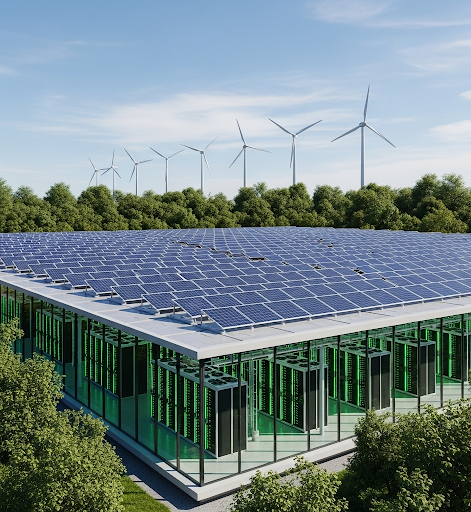
 Environmental, Social, and Governance (ESG) reporting is no longer optional—it’s now a business imperative. Regulations are tightening, investors are watching closely, and stakeholders—from customers to employees—demand transparency. However, for most companies, ESG reporting is often complex and messy. The data is scattered, hard to verify, and usually outdated by the time it’s published. This is where S4HANA services come into play, offering real-time data integration and streamlined processes to support accurate, timely ESG disclosures.
Environmental, Social, and Governance (ESG) reporting is no longer optional—it’s now a business imperative. Regulations are tightening, investors are watching closely, and stakeholders—from customers to employees—demand transparency. However, for most companies, ESG reporting is often complex and messy. The data is scattered, hard to verify, and usually outdated by the time it’s published. This is where S4HANA services come into play, offering real-time data integration and streamlined processes to support accurate, timely ESG disclosures.
 In today’s world, the environment and technology are more connected than ever. From smart farming to clean energy, tech has helped solve many environmental issues. In the world of gaming, especially tactical games, Eft cheats and hacks are becoming more common.
In today’s world, the environment and technology are more connected than ever. From smart farming to clean energy, tech has helped solve many environmental issues. In the world of gaming, especially tactical games, Eft cheats and hacks are becoming more common.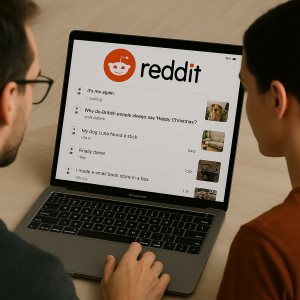 Reddit’s shadowban system has long been a key part of how the platform enforces its rules. Unlike outright bans, which notify users and cut off access, shadowbans are stealthy. A user can still post and comment, but no one else sees it. The idea is to limit the reach of spam or abusive behavior without sparking confrontation or ban evasion. However, this quiet moderation method also tells a larger story—about how platforms across the web are evolving in their enforcement of rules, management of user behavior, and response to the pressure to keep online spaces safe. If you suspect you’ve been affected, try this free tool to check your shadowban status.
Reddit’s shadowban system has long been a key part of how the platform enforces its rules. Unlike outright bans, which notify users and cut off access, shadowbans are stealthy. A user can still post and comment, but no one else sees it. The idea is to limit the reach of spam or abusive behavior without sparking confrontation or ban evasion. However, this quiet moderation method also tells a larger story—about how platforms across the web are evolving in their enforcement of rules, management of user behavior, and response to the pressure to keep online spaces safe. If you suspect you’ve been affected, try this free tool to check your shadowban status.
 If you run an environmental nonprofit or a green business, your mission likely includes making a difference right in your local community. But even the best mission can fall short if people nearby don’t know you exist. That’s where local SEO comes in. Local SEO helps your organization appear in search results when people nearby look for what you do. It’s one of the most effective and affordable ways to increase visibility, reach more supporters or customers, and grow your impact close to home. Working with a gute SEO Agentur Wien can make all the difference in crafting a strategy that truly connects with your local audience.
If you run an environmental nonprofit or a green business, your mission likely includes making a difference right in your local community. But even the best mission can fall short if people nearby don’t know you exist. That’s where local SEO comes in. Local SEO helps your organization appear in search results when people nearby look for what you do. It’s one of the most effective and affordable ways to increase visibility, reach more supporters or customers, and grow your impact close to home. Working with a gute SEO Agentur Wien can make all the difference in crafting a strategy that truly connects with your local audience.


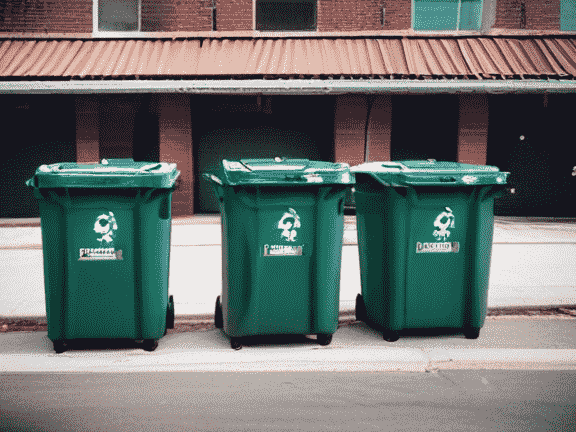

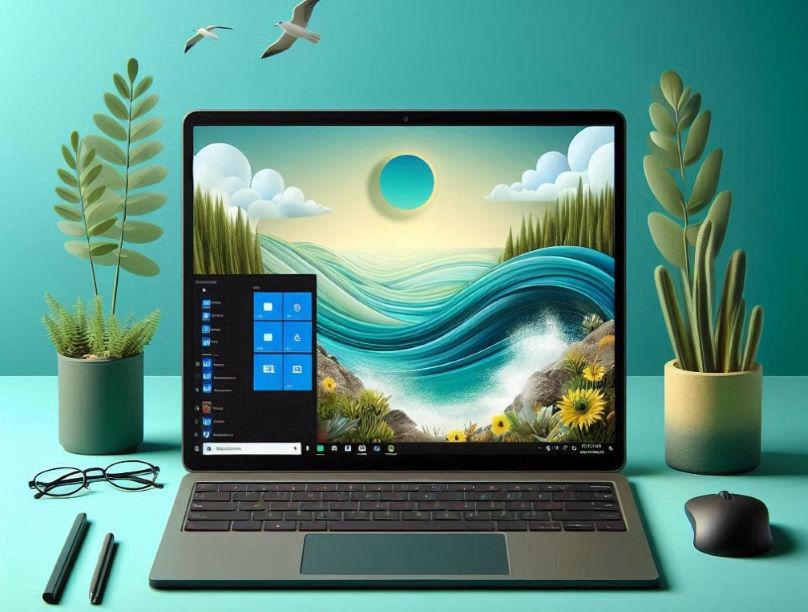

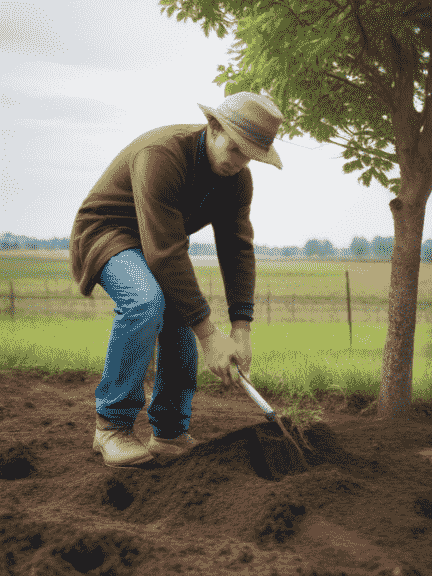
 If you’re looking for a windows 10 home key to activate the Operating System in your computer, be in the know there are different ways you can get a legitimate MS-Windows activation code. However, if you are looking for a Windows 9 home key, our advice is for you to immediately scan your computer for viruses or malware. Have awareness that Microsoft did not release a Windows 9 OS. You can get confirmation of this information from the Microsoft Support Site.
If you’re looking for a windows 10 home key to activate the Operating System in your computer, be in the know there are different ways you can get a legitimate MS-Windows activation code. However, if you are looking for a Windows 9 home key, our advice is for you to immediately scan your computer for viruses or malware. Have awareness that Microsoft did not release a Windows 9 OS. You can get confirmation of this information from the Microsoft Support Site. The release of the Windows 10 version marked the use of a digital license to automatically install the Microsoft product purchased directly from its online store. Apparently a Windows 10 product key is no longer functional to use as a program activator because the digital license already functions as such for the Windows 10 and thereafter the Windows 11 versions,
The release of the Windows 10 version marked the use of a digital license to automatically install the Microsoft product purchased directly from its online store. Apparently a Windows 10 product key is no longer functional to use as a program activator because the digital license already functions as such for the Windows 10 and thereafter the Windows 11 versions, A solid foundation of customer support for IPTV forms the backbone of any reputable service and reassures users that help is at hand, whenever necessary. Before taking the plunge with either legal IPTV providers or unverified IPTV services, potential subscribers must assess VPN compatibility for a secure and anonymous viewing experience, safeguarding against any legal ambiguities. Delve into
A solid foundation of customer support for IPTV forms the backbone of any reputable service and reassures users that help is at hand, whenever necessary. Before taking the plunge with either legal IPTV providers or unverified IPTV services, potential subscribers must assess VPN compatibility for a secure and anonymous viewing experience, safeguarding against any legal ambiguities. Delve into 



 The convergence of technology, communications, and environmental consciousness has become more vital than ever. This intersection not only drives innovation but also plays a crucial role to define tacit knowledge – the unspoken, intuitive insights that are often challenging to articulate but essential for sustainable practices.
The convergence of technology, communications, and environmental consciousness has become more vital than ever. This intersection not only drives innovation but also plays a crucial role to define tacit knowledge – the unspoken, intuitive insights that are often challenging to articulate but essential for sustainable practices.



